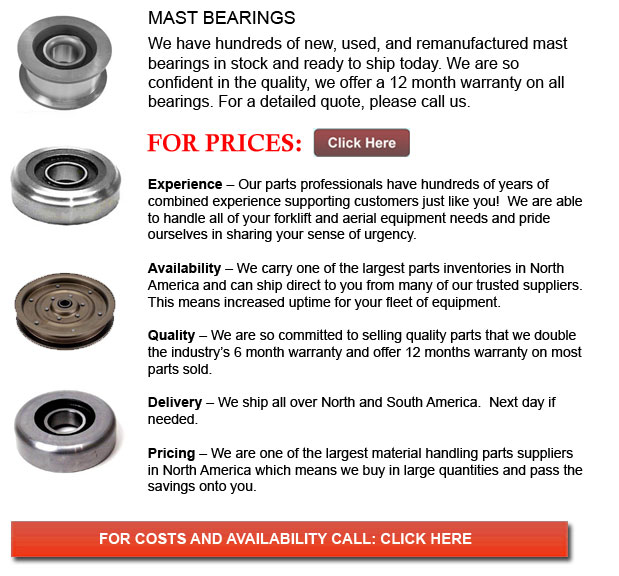
Mast Bearing - A bearing allows for better motion between at least 2 parts, normally in a linear or rotational procession. They may be defined in correlation to the flow of applied loads the can take and in accordance to the nature of their use
Plain bearings are normally used in contact with rubbing surfaces, normally along with a lubricant like for example graphite or oil as well. Plain bearings could either be considered a discrete tool or not a discrete device. A plain bearing may have a planar surface that bears another, and in this situation would be defined as not a discrete tool. It could consist of nothing more than the bearing surface of a hole with a shaft passing through it. A semi-discrete instance will be a layer of bearing metal fused to the substrate, whereas in the form of a separable sleeve, it will be a discrete device. Maintaining the proper lubrication allows plain bearings to provide acceptable accuracy and friction at minimal cost.
There are different kinds of bearings that can improve reliability and accuracy and cultivate effectiveness. In various uses, a more appropriate and specific bearing could enhance service intervals, weight, size, and operation speed, therefore lessening the total costs of operating and purchasing equipment.
Bearings would vary in shape, application, materials and needed lubrication. For instance, a rolling-element bearing will make use of spheres or drums between the components so as to control friction. Reduced friction gives tighter tolerances and higher precision than plain bearings, and less wear extends machine accuracy.
Plain bearings can be made of plastic or metal, depending on the load or how corrosive or dirty the environment is. The lubricants which are used may have considerable effects on the lifespan and friction on the bearing. For example, a bearing may be run without any lubricant if continuous lubrication is not an alternative as the lubricants can draw dirt which damages the bearings or device. Or a lubricant may better bearing friction but in the food processing industry, it may need being lubricated by an inferior, yet food-safe lube in order to avoid food contamination and guarantee health safety.
Most high-cycle application bearings require lubrication and some cleaning. Periodically, they could require adjustments to be able to help reduce the effects of wear. Some bearings can need occasional upkeep to be able to avoid premature failure, though fluid or magnetic bearings can need not much maintenance.
Prolonging bearing life is normally attained if the bearing is kept well-lubricated and clean, even though, various types of operation make constant upkeep a hard task. Bearings located in a conveyor of a rock crusher for example, are constantly exposed to abrasive particles. Frequent cleaning is of little use in view of the fact that the cleaning operation is pricey and the bearing becomes contaminated once again once the conveyor continues operation.
![]() Click to Download the pdf
Click to Download the pdf
Forklift Parts
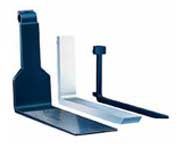
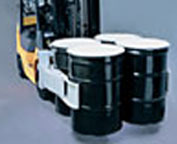
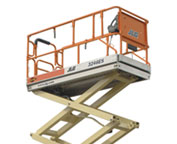
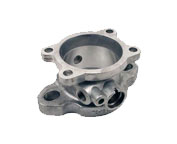
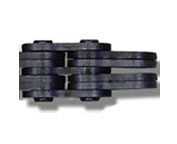
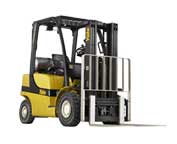
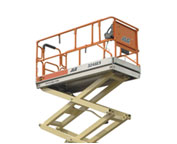
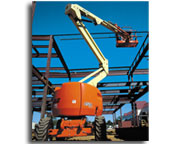
Lift Parts Express
TOLL FREE: 1-888-695-7994
LOCAL: 253-328-8027
2522 N PROCTOR 127
Tacoma, Washington
forkliftpartstacoma.com
Email Us
About Us


